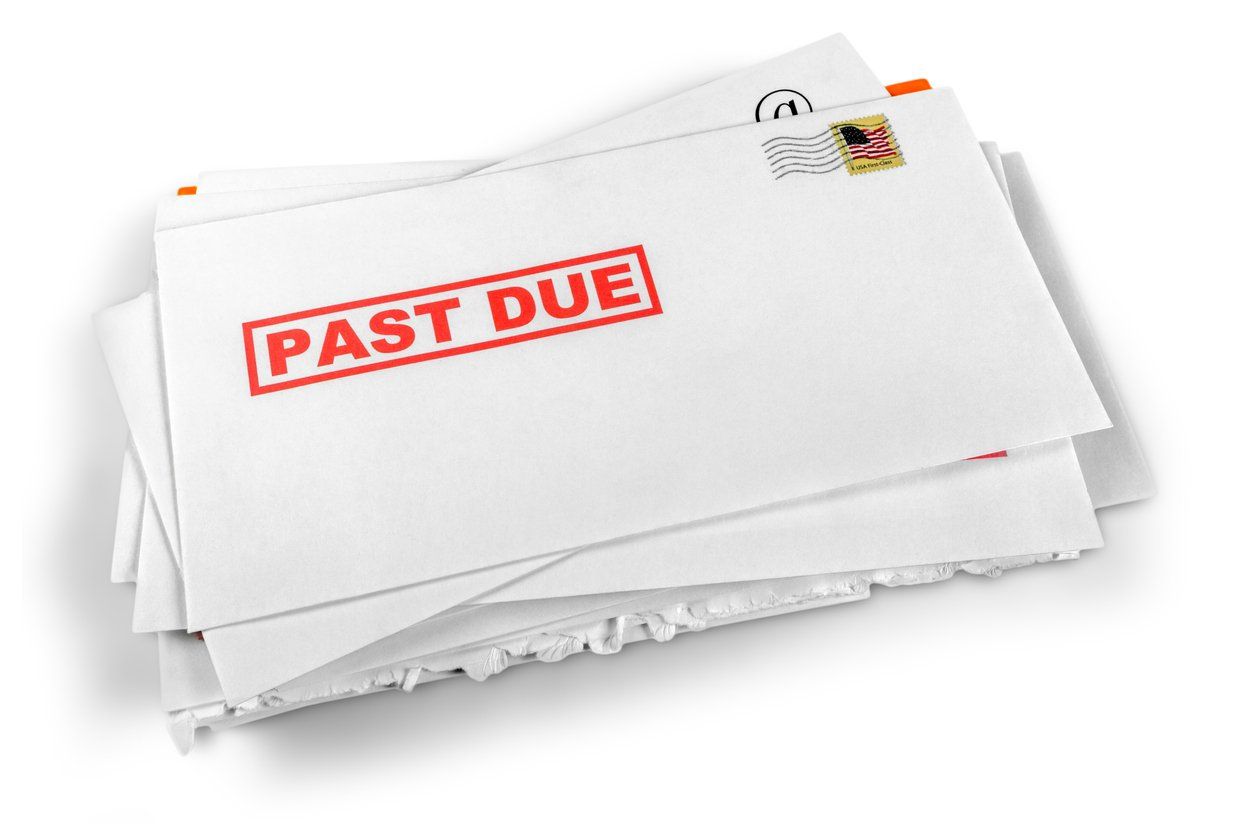The Benefits and What to Expect in a Chapter 13 Bankruptcy
September 23, 2019
Chapter 13 reorganizations can be a powerful tool to assist Debtors with righting the ship and moving forward with their life.

If you have questions about how a chapter 13 plan could help you please contact me at njtlawdenver@gmail.com or by telephone at 720-319-7049 and I would be happy to assist you.
How a Chapter 13 Bankruptcy Works
In a chapter 13 bankruptcy filing a Debtor submits a payment plan to the court and creditors for approval. As long as the plan complies with statute (the bankruptcy code) the creditors must permit the plan to be approved by the court. Chapter 13 plans must be a minimum of three years and no longer than five years, however, plans may be shorter than three years if all debts are being paid. Depending on the nature of the case, payments may be based upon the Debtor's income, the Debtor's assets, or the Debtor's debts. Because each case is different, it is important to have an attorney assist you with determining which metrics apply in your case. Additionally the plan must be proposed in good faith and it must be feasible (meaning the Debtor has the ability to actually make the payments). If the Debtor follows through and completes the confirmed chapter 13 plan then the court will grant a discharge order of remaining dischargeable debts.
Why Chapter 13 May Benefit You
The bankruptcy code gives Debtors under chapter 13 benefits and options a Debtor will not get under chapter 7. Debtors under chapter 13 enjoy an enhanced discharge which covers more types of debts than the discharge under chapter 7. Additionally, chapter 13 gives Debtors an ability to deal with arrears, the possibility of proving a secured lien is actually unsecured, a mechanism to deal with taxes, and getting to utilize the bankruptcy stay for up to five years.
Curing Arrears in Chapter 13
A Debtor may cure arrears in a chapter 13 plan. With a mortgage, even if a foreclosure has commenced a Debtor may stop the foreclosure and keep the property as long as the Debtor proposes to cure the arrears in the bankruptcy plan. It does not matter how much the arrears are; I've seen cases of Debtors with $50,000 of arrears and cases of $50 of arrears. In most cases the Debtor is not required to pay interest on the arrears but the Debtor will generally have to repay the lender for attorney fees and other costs of the collection attempts.
Deeming a secured lien as unsecured
In the District of Colorado the Court permits Debtors to get rid of mortgages or other liens if the Debtors can show the lien is actually unsecured. With a residence that means there cannot be any equity securing the mortgage, and with other types of liens it means the lien is only worth the value of the equity securing the lien. If you have had a motor vehicle long enough, then the code permits the Debtor to reduce the lien on the vehicle to what the vehicle is worth. If you want to accomplish this type of action in a bankruptcy you definitely need to consult with an attorney prior to attempting this. There are a lot of legal nuances that must be considered to do this properly.
Tax Debt in Chapter 13 Bankruptcy
When you file a chapter 13 bankruptcy the automatic stay immediately stops additional penalties and interest from accruing to your tax debt. It will also trigger the IRS to file a claim in your case where your tax debt is categorized, as unsecured priority (must be paid), unsecured (does not need to be paid), or secured (needs to be paid but possibly moves into the above category of deeming a secured lien as unsecured). Provided you agree with how the IRS has categorized the tax debt, the Debtor simply needs to make sure the chapter 13 plan treats the debt appropriately.
Using the bankruptcy stay for a prolonged period
Sometimes a person could file under chapter 7 but they really need relief from a creditor that is not going to be included in the discharge. For instance, student loans or other non-dischargeable debts. A person may file a chapter 13 and do a five year plan giving them a bankruptcy stay for the entire plan period. This strategy generally should include additional steps because the goal always should be to obtain a permanent solution. Sometimes Debtors will improve their financial position during that time or they may be working other avenues to get a solution. This is also a strategy a Debtor should consult an attorney about because in a lot of cases this may not make sense.
Conclusion
As you can see chapter 13 bankruptcy gives Debtors options and benefits not found in the other chapters of the bankruptcy code. Chapter 13 is complex and you should seek counsel if contemplating such a filng. I have worked a number of these cases and if you have questions please contact me.
Denver Bankruptcy Law Office Nathaniel Thompson

If you are planning to file for chapter 7 bankruptcy, you will want to know what happens to various property in such a filing. And if you live in the Denver area, we highly advice you consult a Denver bankruptcy attorney, especially if you wish to retain or sell property through your bankruptcy filing.

A primary goal of a lot of clients is to rebuild their credit. A good Colorado bankruptcy attorney can assist you with this process. Often the first step to rebuilding something is to first demolish what is already there. A bankruptcy will accomplish that task and then it must serve as the foundation on which to rebuild your credit. So, how do you go about rebuilding your credit into something strong?

When people think bankruptcy, they usually immediately think the bankruptcy court is going to take and sell all their stuff. While the most basic way of explaining chapter 7 bankruptcy is that the bankruptcy court sells your assets and in exchange of you putting yourself through that process you get a discharge of your debts, it is a bit more complex than that. So, it is highly recommended that you contact a Denver bankruptcy attorney before filing.

Exemptions in bankruptcy are the statutes determining which property you are permitted to keep and which property is to benefit the creditors. Because property rights are generally an issue the federal government reserves to the states, Congress decided that the bankruptcy code should permit each state to determine the exemptions to be used by residents of the respective state. If you live in the Denver Colorado area, we highly advice you consult a Denver bankruptcy attorney before filing.





